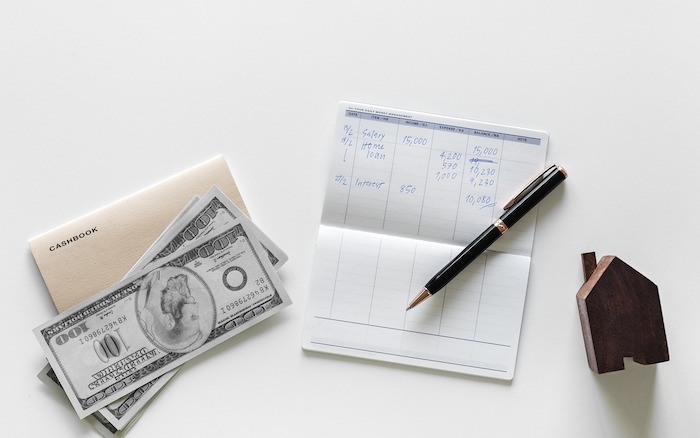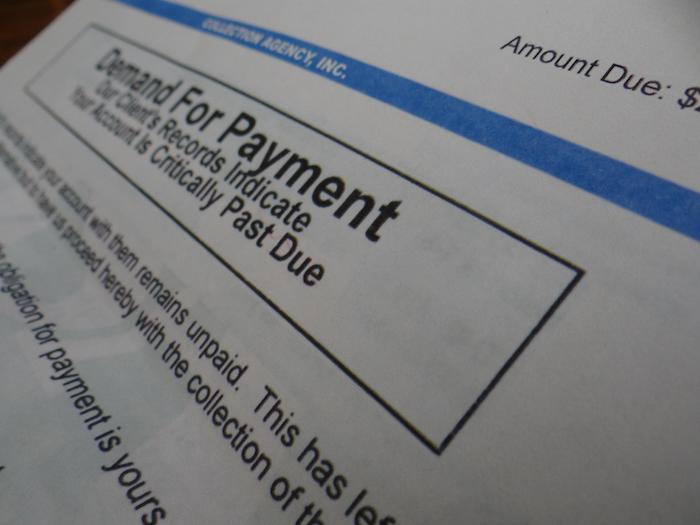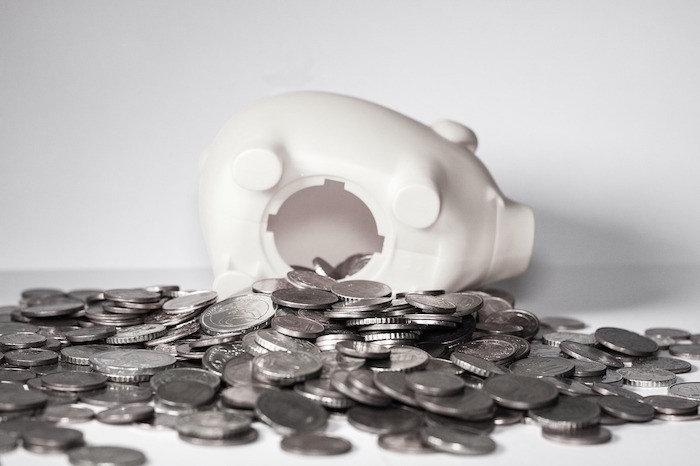7 Hidden Signs Your Mortgage Is Leading You Into A Bankruptcy

Mortgages are a great way of finally owning that dream house.
However, if not well planned out, a you might end up buying far too much for it. Besides, large mortgage payments have additional charges associated with them, such as insurance, property taxes, and maintenance bills.
These costs overstretch your income and can quickly land you in a foreclosure or worst cases, bankruptcy. So how can a homeowner tell whether he or she is on the path to bankruptcy?
Here are seven red flags.
1. You are unable to pay all your bills

If at the end of each month you have to prioritize and decide what bills to pay and which ones to default because you lack adequate cash, you should be worried.
Proper financial discipline advocates living within your means, where you can settle all your financial obligations when due.
Nevertheless, if you find yourself in this state, best solution is first to pay the bills protecting your home. For instance, you could start with the mortgage, then the car and eventually the credit card bills.
2. Missed payments

Most if not all bills have a due date. If you realize that you keep missing mortgages each time they are due, because you lack the money, you need to be wary.
It just might be an indication that you are spending more than your income allows. The worst part is that once creditors notice the trend, they can increase your interest rate, which can likely ruin your credit score.
3. You are draining the Retirement Fund

The moment you find yourself thinking of plundering the retirement fund savings to pay for your mortgage or offset debts, just know things are grim.
Borrowing money from this fund has the potential of severely messing up your financial security in the golden days.
4. You can’t make emergency savings

Financial experts recommend that every homeowner should have an emergency saving, in the form of either a money market fund or savings account.
Furthermore, the amount of savings should not be worth less than the homeowner’s monthly expenditure. Doing so will ensure that in the event your income drops or dries up, you still have funds to settle your mortgage.
Hence, if you find it difficult to save for the emergency fund, it just might be you are on the slippery slope sliding towards bankruptcy.
5. Reduction in Income

Logically having a mortgage will mean extra expenses and reduced income.
Bearing in mind that things are already tight, any unforeseen eventuality like an emergency, loss of income, or reduction of work hours, can potentially ruin your financial standing.
So, if you need all your monthly income to settle your home bills, you must urgently rethink your budget priorities when your source of income gets affected.
6. Surviving on cash advances and credit

A reliable indicator of financial distress is when you are always living on credit.
For instance, if you use credit cards and cash advances each month, to meet financial obligations such as paying bills, purchasing groceries, or just to have pocket money. All these are signs that your home spending outpaces your income.
7. Property maintenance and servicing is beyond your reach

Every home needs routine scheduled maintenance and servicing to keep it in good shape.
These include painting, plumbing repairs and so on. The maintenance keeps the property habitable and increases its perceived market value.
However, if due to your strained budget you cannot carry out the maintenance, then the appliances, fixtures, and equipment in the home will begin to break down. If you get to the position where you cannot afford the upkeep, you are sinking financially.

Even though the above signs are indicators that you might be on the sure path to bankruptcy, there is still hope. Reevaluating your mortgage payments, monthly spending, and debts can help you turn things around.
Furthermore, talking to a financial expert can open your eyes to options like refinancing, to help you get back on the right path.